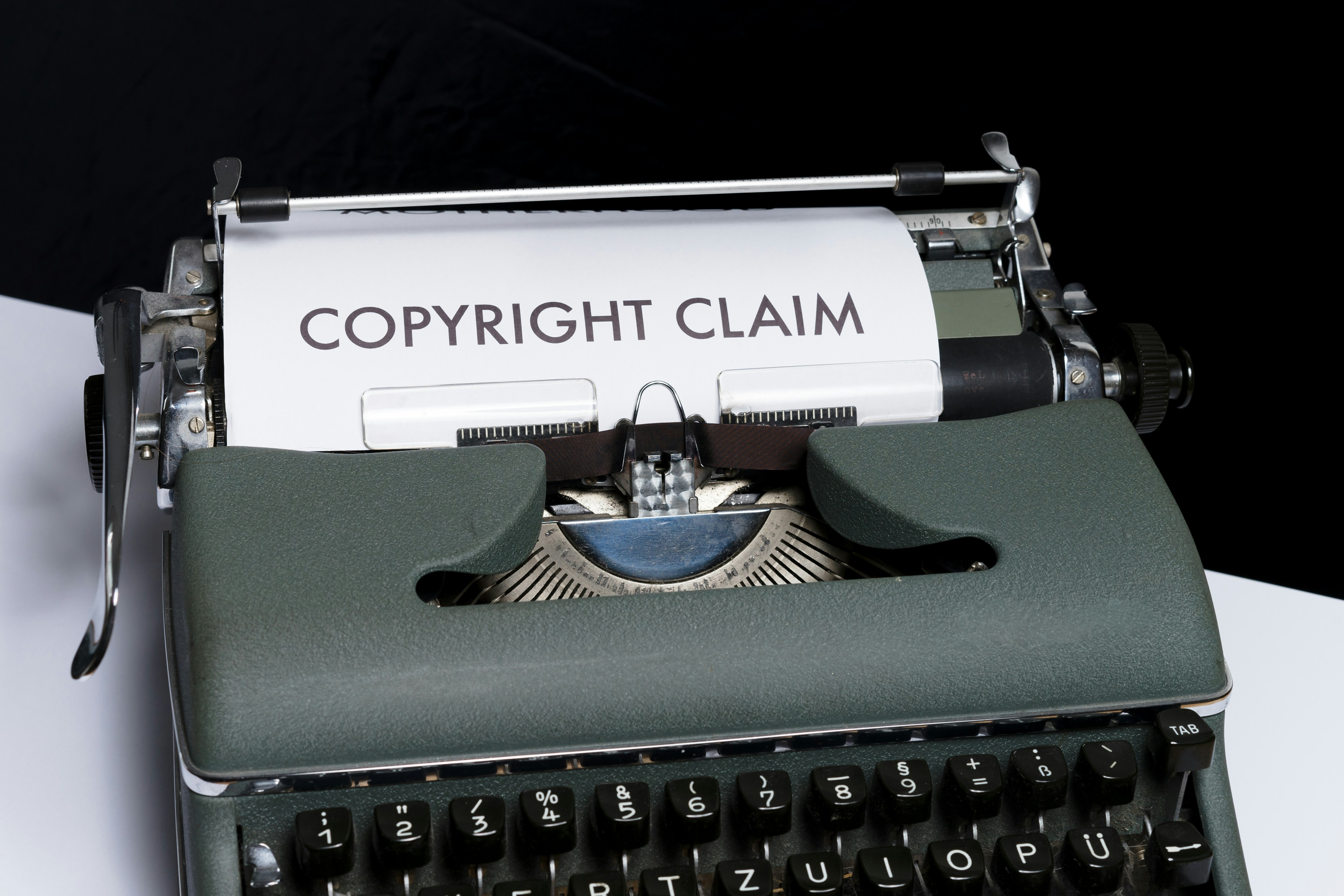In an age defined by content velocity and algorithmic reproduction, ownership has shifted from a moral concept to a legal framework. Whether you’re a freelance designer, a product engineer, or a digital strategist building pitch decks, your work is your asset,and its survival depends on your ability to claim it legally.
Yet many professionals, especially those in non-entertainment sectors, continue to treat copyright registration as optional or irrelevant. That’s a strategic mistake. Copyright is not just a tool for musicians and filmmakers. It’s a silent infrastructure behind negotiation leverage, brand trust, and platform enforcement.
Ownership Without Registration Is Just a Belief
The moment you create something, you technically own it. But in practice? Without registration, you’re relying on screenshots, timestamps, and good faith. That doesn’t work when a platform, a client, or a competitor challenges your authorship.
Registration transforms your work into a recognized legal entity,a documented asset that can be licensed, transferred, monetized, or defended. It shifts the burden of proof and opens the door to statutory damages. In global marketplaces where digital plagiarism is rampant and enforcement is algorithmic, this distinction is no longer optional. It’s foundational.
When It’s Too Late, It’s Expensive
Too often, creators realize the value of registration only when it’s too late, when a stolen campaign goes viral, a competitor mimics their deck, or a platform demands proof of ownership before taking action. By that point, legal delays can cost visibility, revenue, and reputation. Copyright registration isn’t just a legal checkbox; it’s an operational safeguard. It turns uncertainty into enforceability, and ideas into protected assets that hold up under scrutiny, whether you're filing a takedown, entering a pitch, or negotiating a licensing deal.
Protection Isn’t Reactive, It’s Strategic
Most people consider copyright registration after infringement happens. That’s like installing a lock after the break-in. Strategic professionals and businesses use copyright registration as a proactive tool:
-To signal legitimacy in client contracts and investor decks
-To establish IP valuation for future partnerships or exits
-To file DMCA takedowns across platforms (Telegram, YouTube, Meta) with speed and weight
-To protect pitches, prototypes, slides, or code from being reused without attribution
Pellonia: Your Legal Infrastructure for Copyright Protection
At Pellonia, we don’t just register copyrights—we build legal infrastructure for creators, professionals, and companies across industries. Our team handles the full copyright registration process, including consultation on how and when to file. More importantly, once your work is registered, we help leverage that registration to remove infringements, issue DMCA notices, and take real enforcement action across platforms and jurisdictions.
Whether you’re an indie developer or a scaling startup, Pellonia offers IP protection that grows with your ambition.
Final Thought
You may not think of yourself as an "author", but if you’re making, writing, building, or designing, you’re creating intellectual property. Copyright registration is no longer a formality. It’s a strategy. And Pellonia is here to execute it with you.





